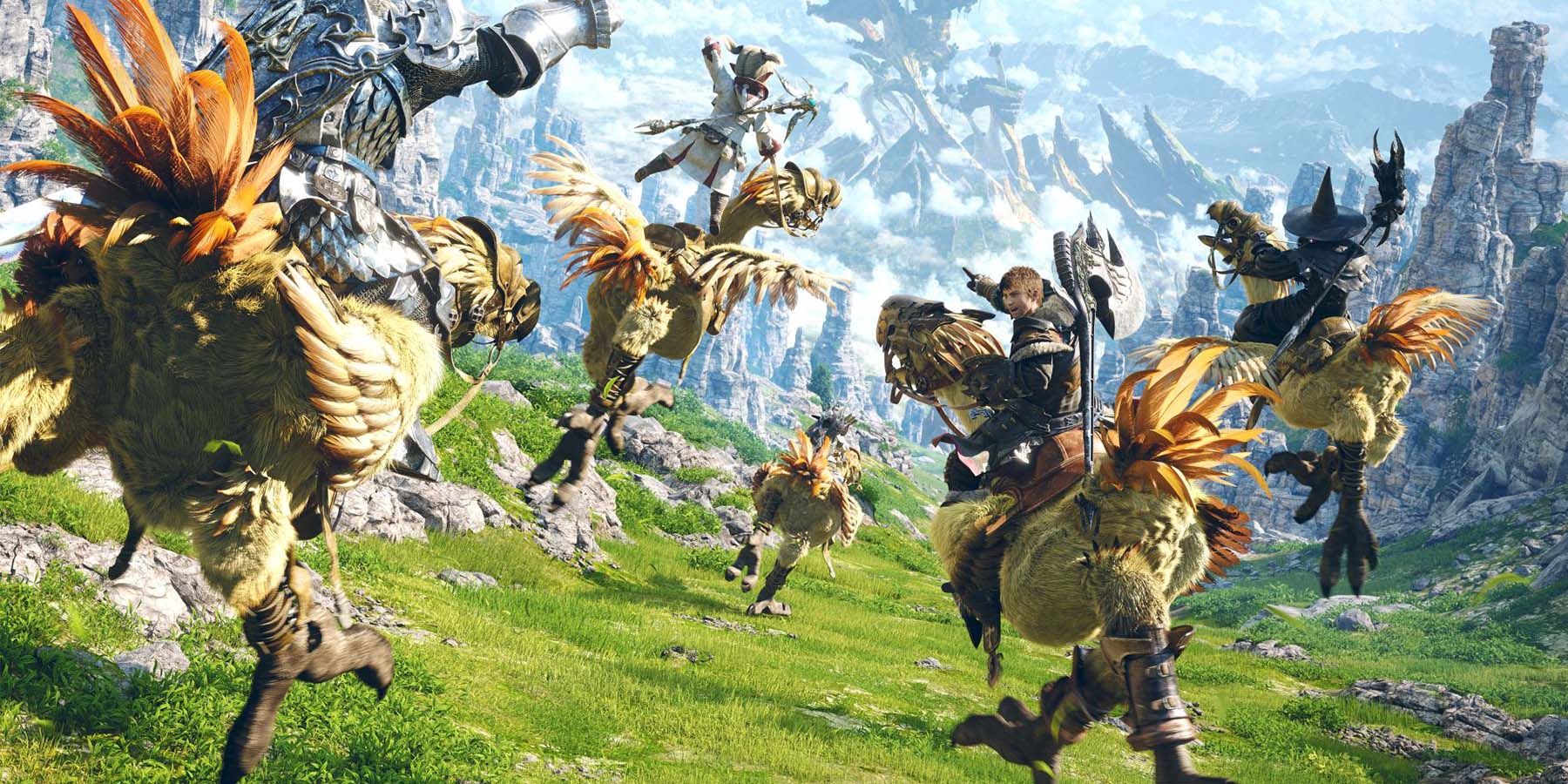Highlights
- Platform exclusivity has been a driving force in the gaming industry, but major studios are shifting towards a more open approach.
- Microsoft, Sony, and other studios are releasing games on multiple platforms and focusing on subscription services, potentially leading to the end of console exclusives.
- While exclusive games still exist, the industry is moving towards selling consoles based on their own merits and building out services, which could change gaming forever.
Platform exclusivity between PlayStation, Xbox, and Switch has been a major driving force in the gaming industry since some of the earliest consoles. Games like Marvel's Spider-Man and The Last of Us gave players a reason to buy a PlayStation while hits like Halo and Gears of War drew players to an Xbox. These not only helped prop up their respective systems but also gave fans unique and exciting experiences to check out no matter where they chose to play their games. This model has become the primary focus of these studios for years, but times may soon be changing.
In recent years, some of the biggest studios seem to be moving away from exclusive games to a more open industry. Microsoft has begun splitting its focus between PC and Xbox, Sony has started releasing games on Steam, and online titles like Final Fantasy 14 Online are finally shedding their exclusive status. This is creating a very different landscape for the console market, and it seems to be paying off for the studios. If this trend continues, then the concept of platform-exclusive games may vanish entirely.
Console Exclusivity May Be a Thing of the Past
The concept of exclusive games has taken many shapes throughout the years, but it has remained a core part of the console market. The console makers would plunge countless amounts of money into acquiring these exclusive contracts or developing exclusive games to convince players to move over to their system. Every time a new console would hit the market, a plethora of new first-party launch titles would release as well. The best consoles are those that got massive amounts of support from their studio, and those that failed to make an impact would often be pushed to the wayside.
The success of Nintendo's consoles is often traced back to the power of its exclusive games. Nintendo is the only place where players can experience Super Mario, Pokemon, The Legend of Zelda, and Super Smash Bros. These unique exclusives have helped cement Nintendo as a household name, for example. Microsoft, Sony, and even Valve have also built-up massive libraries of exclusive games for their platforms, and they will likely continue for years to come.
In recent years, it seems like the concept of console exclusives is slowly dying off as the studios shift their focus to subscription services. There was a time when these exclusives were necessary, but it has become less important as the industry has grown. Now, consoles need to sell themselves on their power and the services that they provide more so than the games they hold. While there are still many exclusive games out there, there seem to be fewer released every year.
Microsoft has started releasing its first-party games on both Xbox Series X and PC, Sony has been slowly releasing titles like The Last of Us and Ratchet and Clank: Rift Apart on Steam, games like Final Fantasy 14 Online have finally shed their exclusivity, and online games like Destiny 2 have remained multiplatform. Once Microsoft acquires Activision Blizzard, Call of Duty will go to more platforms than it ever had instead of becoming an Xbox exclusive. On top of that, features like crossplay have broken down the barriers between these consoles even further.
It seems like the industry is moving away from exclusives and is instead attempting to sell the PlayStation, Xbox, and Switch consoles on their own merits. While exclusive games will still exist for a while, there is a chance the next generation does away with the concept entirely, maybe with Nintendo as an exception. Studios are more focused on building out their services instead, and that race will likely change gaming forever.


